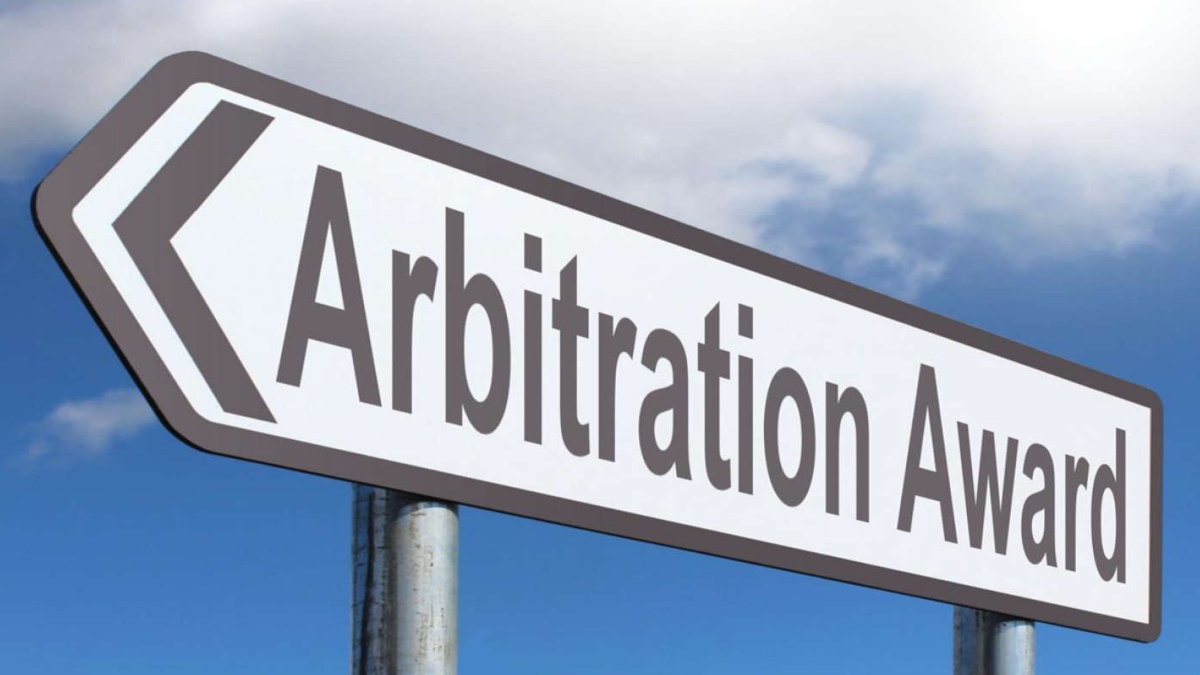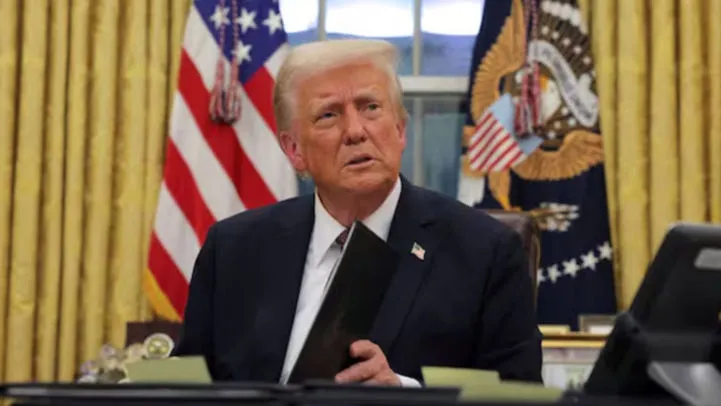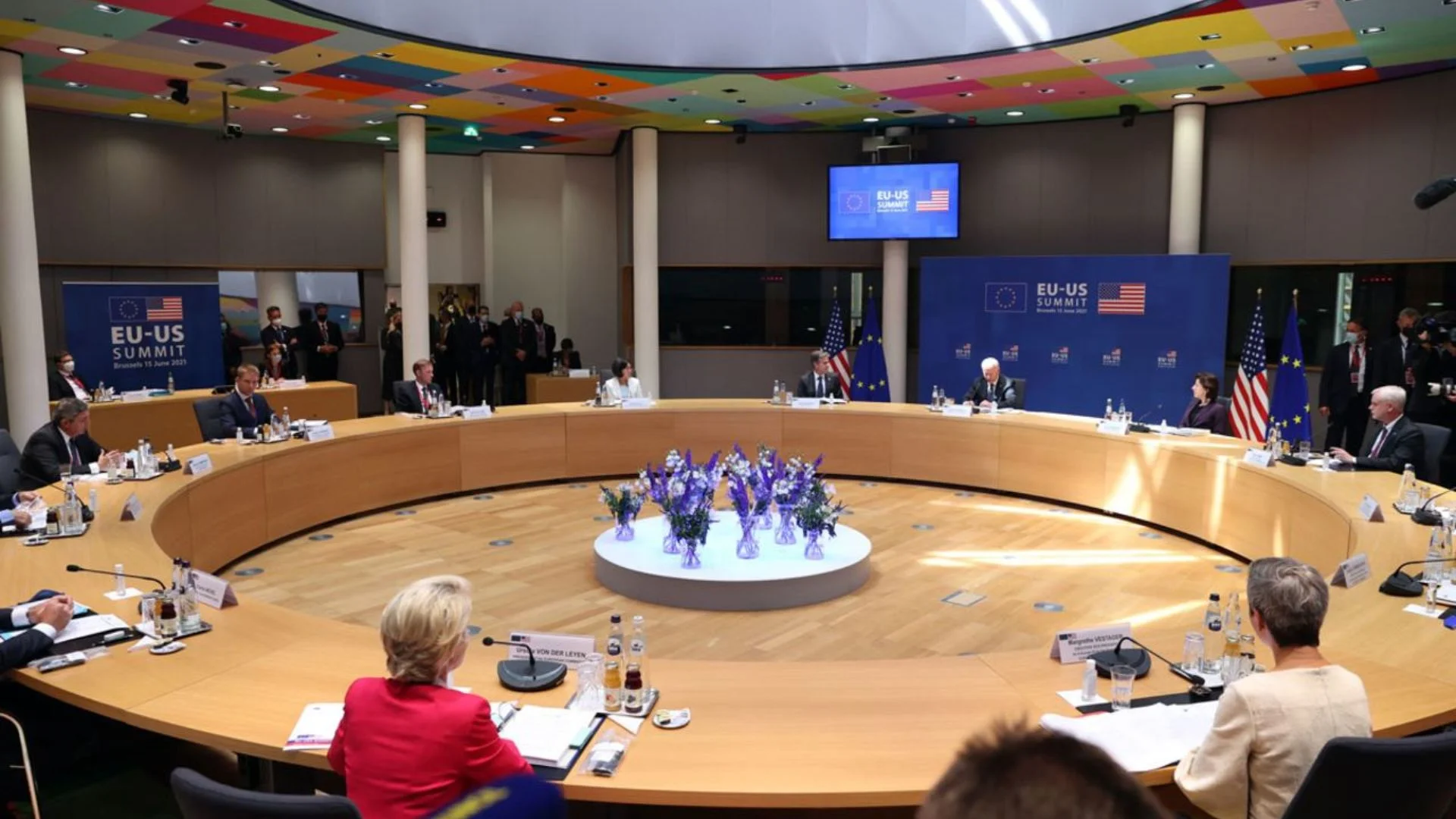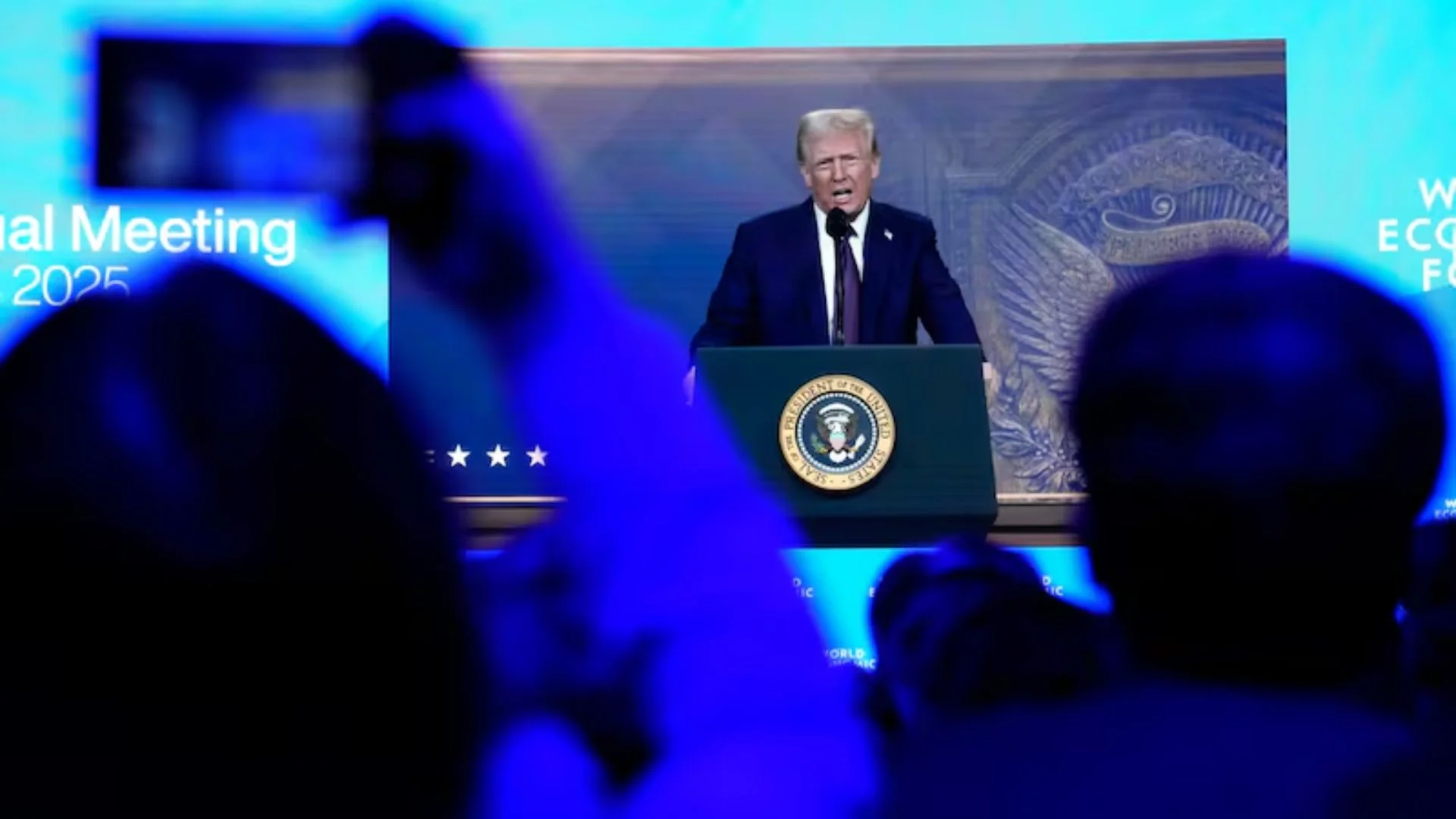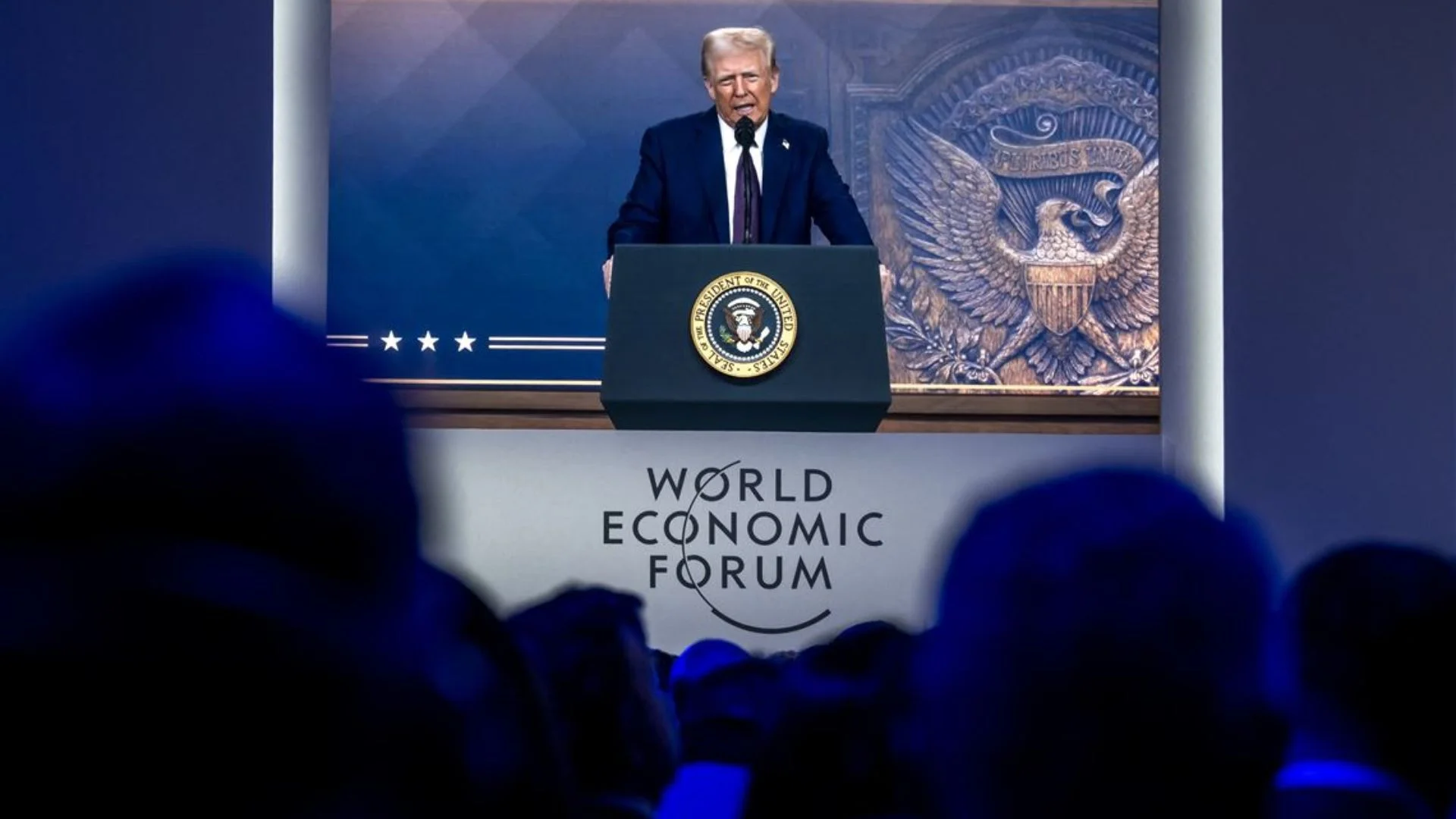The recent spate of arbitral awards by international tribunals against the Indian government underlines the sticky points that remain in the way of the “India means Business” mantra at Davos. These awards come at a time when the government is eager to draw foreign investors to India by making relentless efforts on improving ease of doing business. India consistently improved in the Ease of Doing Business Index, from 142nd in 2014 to 63rd in 2019. However, it performed miserably on ‘enforcement of contracts’ at 163 out of total 190 countries. For instance, Mumbai took 1420 days for enforcing a contract reflecting its dire position.
Several reasons led to this poor performance. The judicial courts, being highly overburdened and inadequately skilled to handle commercial disputes, tend to take 3-4 years in offering a resolution. Further, the frequent relaxation of statutory timelines by courts add to the delay jeopardizing the enforcement of the award/decree. Then comes the biggest irritant: the government and PSUs with their precarious record of honouring contracts.
SOVEREIGN AS A ‘FORMIDABLE’ LITIGATOR
The Government being the single biggest litigator in the country has a dubious record of enforcing contracts with steps such as initiating coercive actions against the opposing party while dispute is still sub-judice and introducing ‘retrospective amendments’ in order to offset any adverse judgement against it avoiding enforcement of award.
The international arbitration awards on legacy tax disputes concerning Vodafone Plc. followed by Cairn Energy UK has once again brought the ghost of ‘retrospective taxation’ often termed then as ‘tax terrorism’ by the ruling party to the limelight, which continues to haunt the business community in India for a decade. The government believes it was deliberately denied tax revenue on capital gains from sale of shares between the parties with transactions structured through tax havens and misuse of Bilateral Investment Treaties (BIT), prompting seizure of share assets and sale proceeds by tax authorities in return. However, the government’s stand was rejected by the Apex court in 2012 after which an amendment in the form of ‘retrospective taxation’ w.e.f. 1963 introduced to circumvent the decision of SC. This step adversely affected the business sentiments and FDI inflows. The retrospective tax amendment was termed by government as standard practice followed globally by established economies. The Permanent Court of Arbitration at Hague upheld the award against the Indian government ordering compensation in both Vodafone and Cairn Energy tax disputes, respectively and held the tax amendment to be unjust and void of terms under BIT. The Government has, recently, challenged the awards in both cases. Cairn has already initiated the process of getting the awards registered in various jurisdictions to ensure enforcement against assets owned by Indian Government.
Another such instance of dishonour of contract is the infamous Antrix Corporation – Devas Multimedia deal in 2005 for lease of ISRO’s two communication satellite for 12 years to provide multimedia services to mobile platforms. However, soon the deal turned sour when then Government, already spooked by 2G scam in 2011, ultimately cancelled the deal alleging conflict of interest and corruption accompanied by several investigations launched against the company. The government lost the case when international tribunal held the annulling of contract with Devas to be an “expropriation” with an award of $1.2B payable to Devas. The mighty Government of India responded by having a ‘winding up’ application filed against Devas before NCLT alleging grave irregularities and fraud.
Recently, the Parliament passed the Arbitration and Conciliation (Amendment) Bill, 2021 originally promulgated as an ordinance, which empowers the courts to grant an ‘unconditional stay’ under Section 36 to the enforcement of an arbitral award if the court is of the prima facie view that such award obtained was induced by ‘fraud’ or ‘corruption’ and was made effective retrospectively w.e.f 2015. This effectively creates a situation where an ‘automatic stay’ might be imposed on enforcement of awards at behest of the losing party alleging fraud, thereby, delaying the process which was not possible earlier. The intention behind bringing in such amendment as indicated by the Law Minister then was the foreign arbitral tribunals rulings in Vodafone tax dispute against the exchequer induced by fraud, adversely affecting the sovereign’s right to tax. The government is of the view that the above award was borne out of dispute concerning an offshore transaction intended to defraud the exchequer and is unfair in spirit. Furthermore, the definition of ‘fraud’ itself has not been provided under this amendment and is open to interpretation inviting further court litigation and additional costs defeating the purpose of alternate dispute resolution.
Tackling the problem
Businesses love certainty in regulations, a stable taxation structure and policy making. The government has assured the investors not to raise legacy tax demands if not revocation of retrospective tax amendment. However, promise of a stable policy regime independent of political factors and sovereign bias might be a challenge.
The solution to this problem is an expensive and surely a painful process. Certain steps like setting up of ‘Commercial Courts’ were carried out through Commercial Courts Act, 2015 but recent study suggests poor implementation by States and respective High Courts where even mandated timelines and processes are being ignored.
However, tremendous improvement can be made by ensuring the quality infrastructure with workforce specialized to handle commercial disputes. Access to quality information by setting utilities.
Efforts are also needed to create general awareness among small businesses about contract negotiation and its enforceability and finding new avenues for out of court settlements. Digitization of legal records and processes can ensure transparency and can also go a long way in ensuring enforcement of contracts. Unconditional acceptance of foreign arbitral awards and adherence to international law by all the stakeholders. The real challenge will be setting accountability which has historically been extremely difficult in the country’s judicial system.

